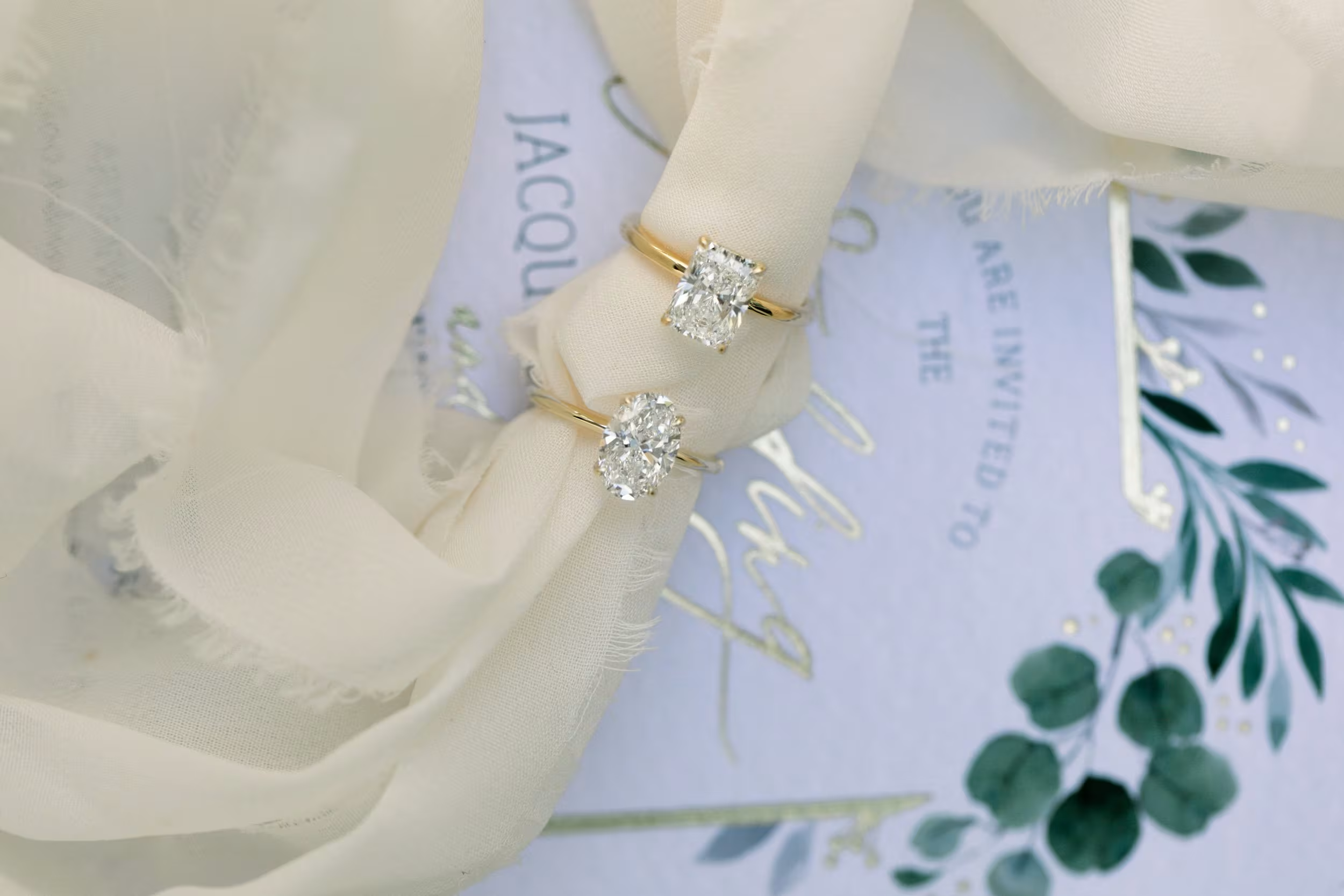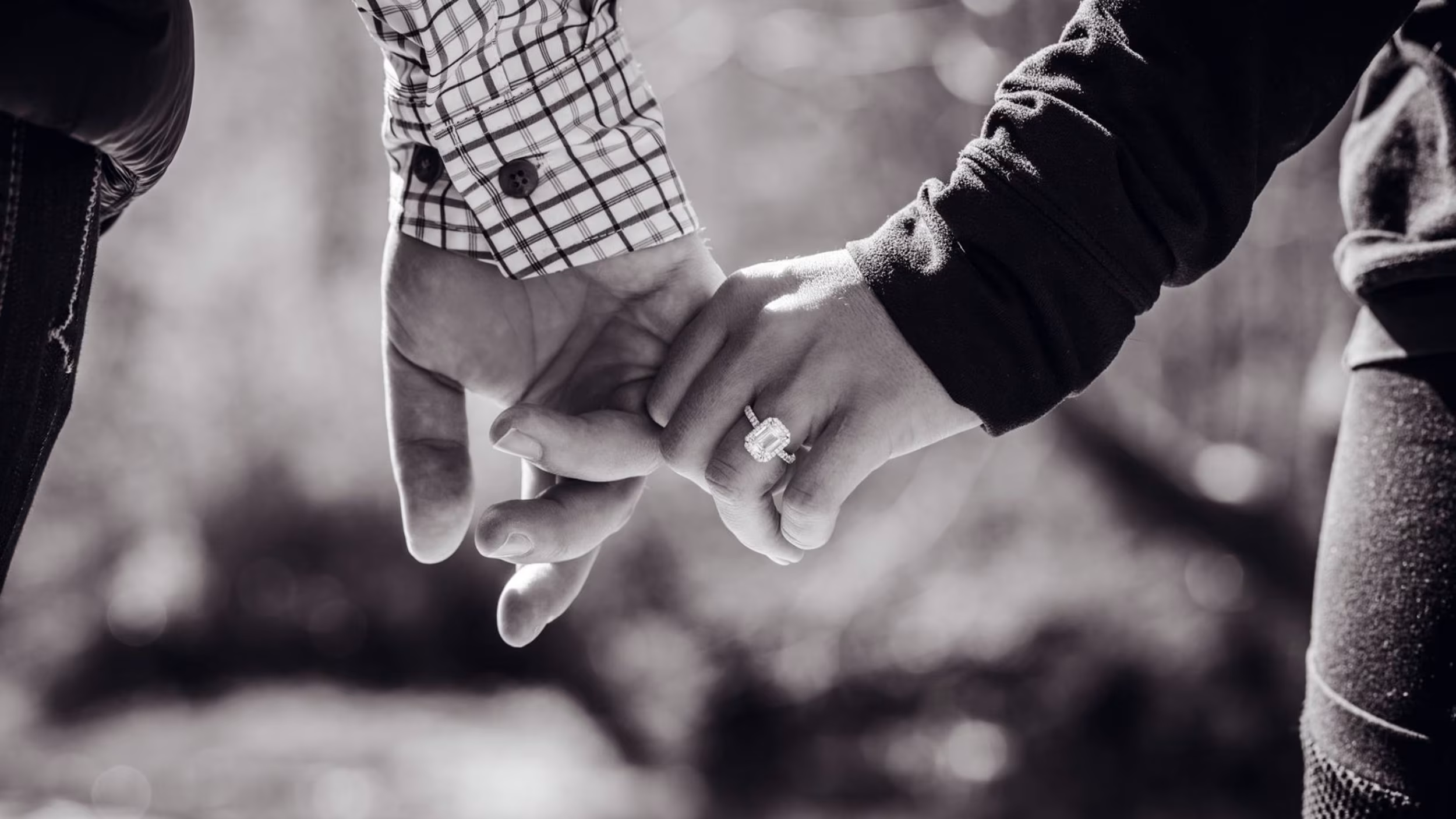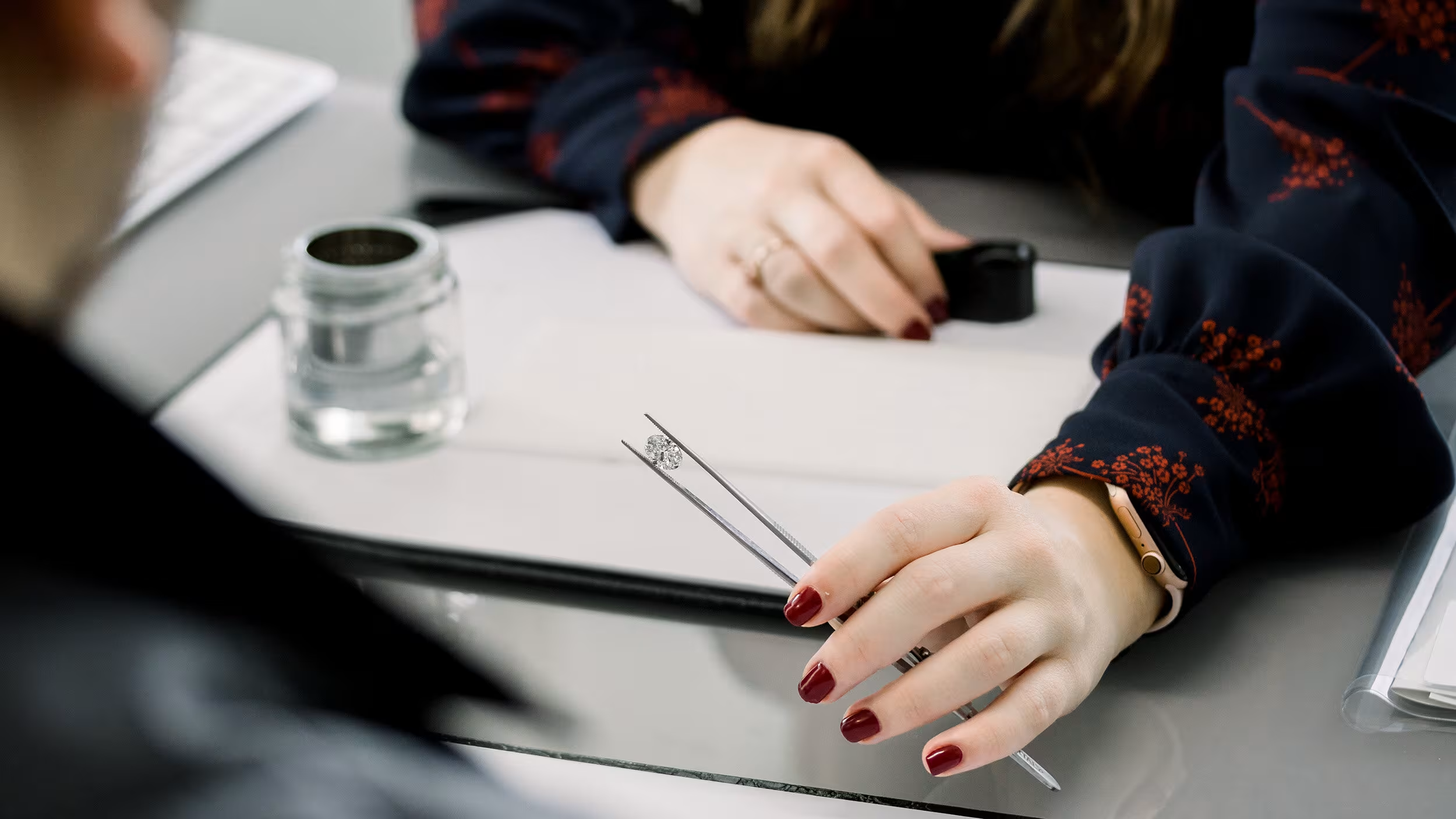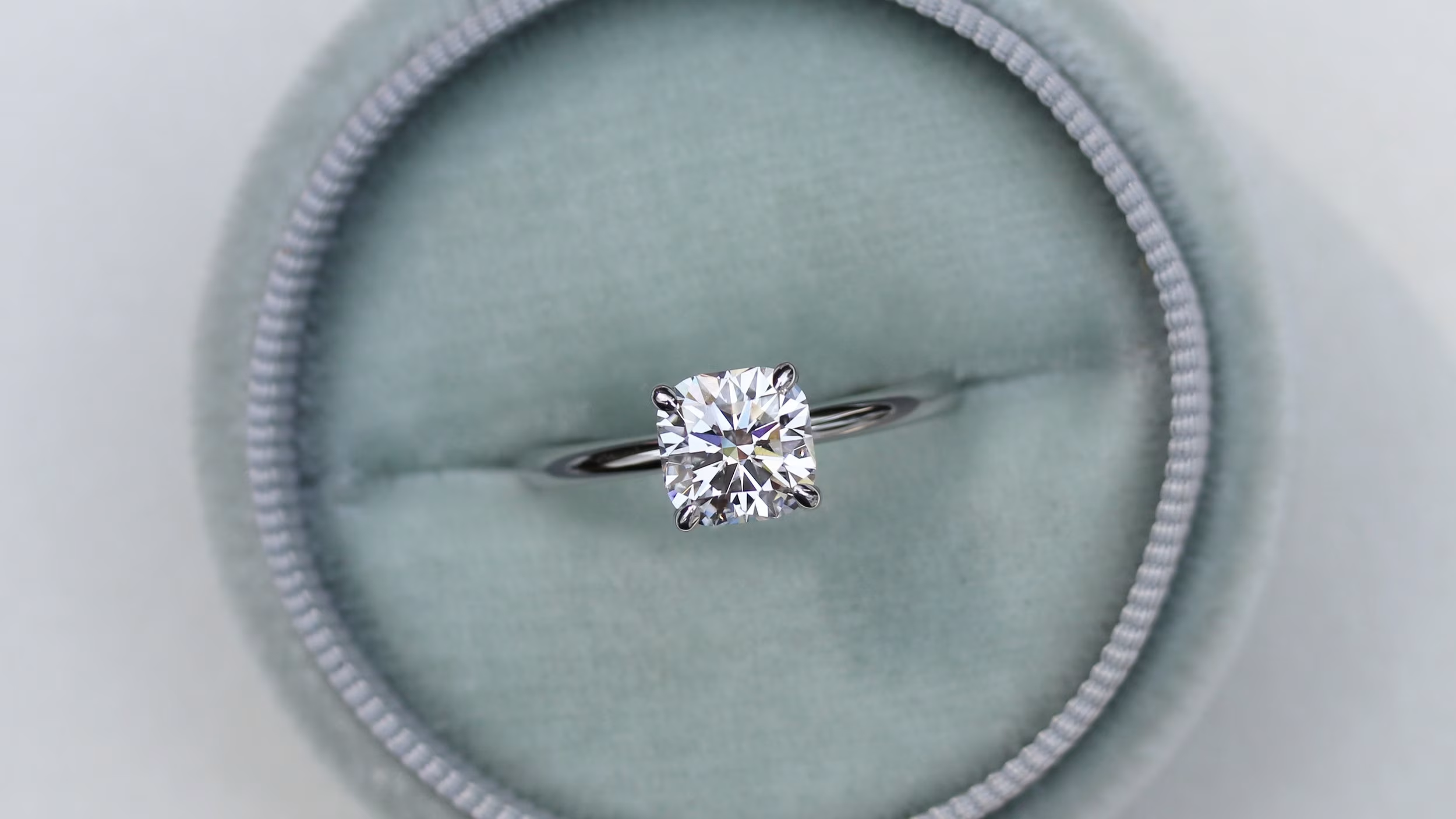
When Not to Wear Your Lab Diamond Engagement Ring
Your Ada Diamonds engagement ring is a stunning piece of fine jewelry and one you should be proud to wear. However, there are some times we recommend you don’t wear your new engagement ring. Read on for some tips from our Diamond Concierge about when it’s best to remove your engagement ring.

Engagement Rings 101
The lab grown diamonds in your engagement ring are held in place by the precious metal of your ring. In other words, there is no glue or adhesives holding the diamonds in place, so if the metals of your ring become worn or damaged, the integrity of your ring’s ability to hold the diamonds in place is compromised. Things or activities that put pressure on the prongs of your ring can cause the prongs to break or pull away from the diamonds leading to loose stones and the potential for a lost diamond.
Although precious metals used in engagement rings are hard, metals can still bend when exposed to repeated pressure, causing your ring to become misshapen. Grabbing heavy shopping baskets or other heavy items, holding tightly to subway or bus poles with the same hand, and physical activities that place pressure on your hands like yoga or push ups, are all good examples of actions that can force the metal of your ring out of round. It’s not always a single incident that can cause damage to a ring, but an aggregate of repeated, consistent pressure over time. If you’re not sure about which engagement ring style is the right choice for your lifestyle, read How to Choose the Right Engagement Ring for Your Lifestyle.

When to Remove Your Ring
Although this list is not exhaustive, here are some key times you’ll want to remove your engagement ring to ensure it stays in its best possible condition.
- Working out: (including but not limited to: lifting free weights, using machines, yoga and pilates). Lifting heavy objects or pushing into your hands can put pressure on the base of your ring, causing it to compress or bend out of shape. In extreme circumstances this can lead to fractures and breaks in the metal.
- When your hands will be wet or submerged: doing the dishes, doing laundry, cooking, waitressing/bartending, house cleaning, or swimming. Cleaning products and harsh chemicals (such as chlorine) can cause build up on diamonds and dull the polish/rhodium from the metal of your ring more quickly.
- Sleeping: Prongs of your ring can catch on your sheets, or rings can be knocked against things in your sleep, damaging prongs or causing diamonds to become loose or fall out.
- When applying lotions or cosmetics: while this won't damage the structure of your ring it can wear away the polish and rhodium more quickly. Lotions and cosmetics also result in build up over time that dulls the look of your diamonds, or in cases of small meleé diamonds can completely cover over stones. Keeping your ring away from these products (along with regular cleaning mentioned above) can keep rings sparkling brilliantly for much longer!
- When wearing latex or rubber gloves: regularly pulling gloves over a ring can catch and break small pavé prongs, as well as pull the center stone setting out of alignment on more delicate rings. The repeated pulling can also cause stones to become loose.

Want to know more about how to keep your new engagement ring looking brilliant for years to come? Read our tips on How to Care For Your Lab Diamond Engagement Ring. Finally, we always recommend insuring your engagement ring to protect against the unforeseen. With proper care and storage, you’ll be able to enjoy your Ada Diamonds engagement ring in its original brilliant condition for years to come.